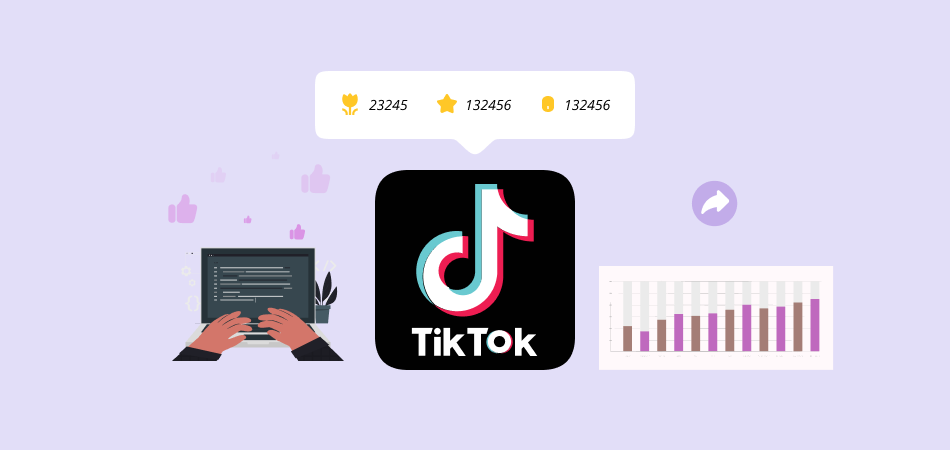Managing Payments and Cancellations for Dropshipping Facebook Ads

Running Facebook ads for your dropshipping business involves careful management of payments and understanding potential issues when canceling ads. Here’s how to navigate these aspects effectively:

|
Optimize Your Advertising Strategy with DSers Sales Report Use DSers to analyze sales data and understand the actual impact of your ads. Leverage these insights to further refine your ad strategy and improve ROI. |
Setting Up Payments
1. Choose a Payment Method: Facebook accepts various payment methods, including credit/debit cards, PayPal, and online banking. Select the method that best suits your financial setup.
2. Set a Budget: Define a daily or lifetime budget for your campaign to control spending. Facebook will not exceed this limit.

3. Billing Thresholds: Facebook uses billing thresholds, charging your account each time your ad spend reaches a certain amount. Monitor your ad account to stay aware of when these charges will occur.
4. Understanding Facebook’s Risk Management:Facebook employs automated systems and manual reviews to detect suspicious activities, policy violations, or unusual spending patterns. This helps prevent fraudulent activities but can sometimes flag legitimate accounts.
Reasons for Facebook Ad Restrictions for Dropshippers
It's important to be aware of the potential reasons why your ad account might face restrictions, especially if you are managing multiple campaigns or have high ad spend.
· Violation of Advertising Policies: Ads do not comply with Facebook's advertising policies, such as containing unauthorized copyrighted content or violating community standards.

· Suspicious Account Activity: Frequent changes in payment methods, IP addresses, or use of VPNs.
· Frequent Account Switching: Using multiple ad accounts to avoid restrictions.
· Payment Issues: Ad accounts with unpaid bills or suspicious payment activities.
· Account Reports: Accounts reported by users for fraud, misinformation, or other violations.
· High Complaint Rate: Ads or products leading to numerous user complaints or negative feedback.
· Low Quality Score: Ads receiving low user feedback scores, affecting the overall user experience on the platform.
Canceling Ads and Managing Payments
When addressing issues or modifying campaigns, manage them carefully to avoid financial or account troubles. This includes pausing or deleting ads appropriately and being mindful of potential charges post-cancellation.
1. Pause or Delete Ads: If you need to stop an ad, you can pause or delete it from the Ads Manager. Pausing stops it temporarily, while deleting stops it permanently.

2. Billing After Cancellation: Be aware that charges may still apply for any ads that ran before you canceled them. Facebook bills based on the accrued cost up to the point of cancellation.
Accrued Costs: Be aware that charges may still apply for any ads that ran before you canceled them. Facebook bills based on the accrued cost up to the point of cancellation. This means that even after you pause or delete an ad, you might see charges for the time the ad was active.
Here is an example:
Suppose Sarah runs a dropshipping business and has set up a Facebook ad campaign with a daily budget of $50. She decides to stop her ad on June 10th at 3 PM. However, Facebook bills her for the ad spend that occurred from the start of June 10th until 3 PM when she paused the ad. So, if her ad had already spent $30 by the time she stopped it, she would still be billed for that $30.
By understanding these processes, you can better manage your advertising budget and handle any billing issues that arise, ensuring smoother financial operations for your dropshipping business.












 Company
Company
 Why Choose DSers
Why Choose DSers
 Blog
Blog
 Help Center
Help Center




 Live Chat
Live Chat